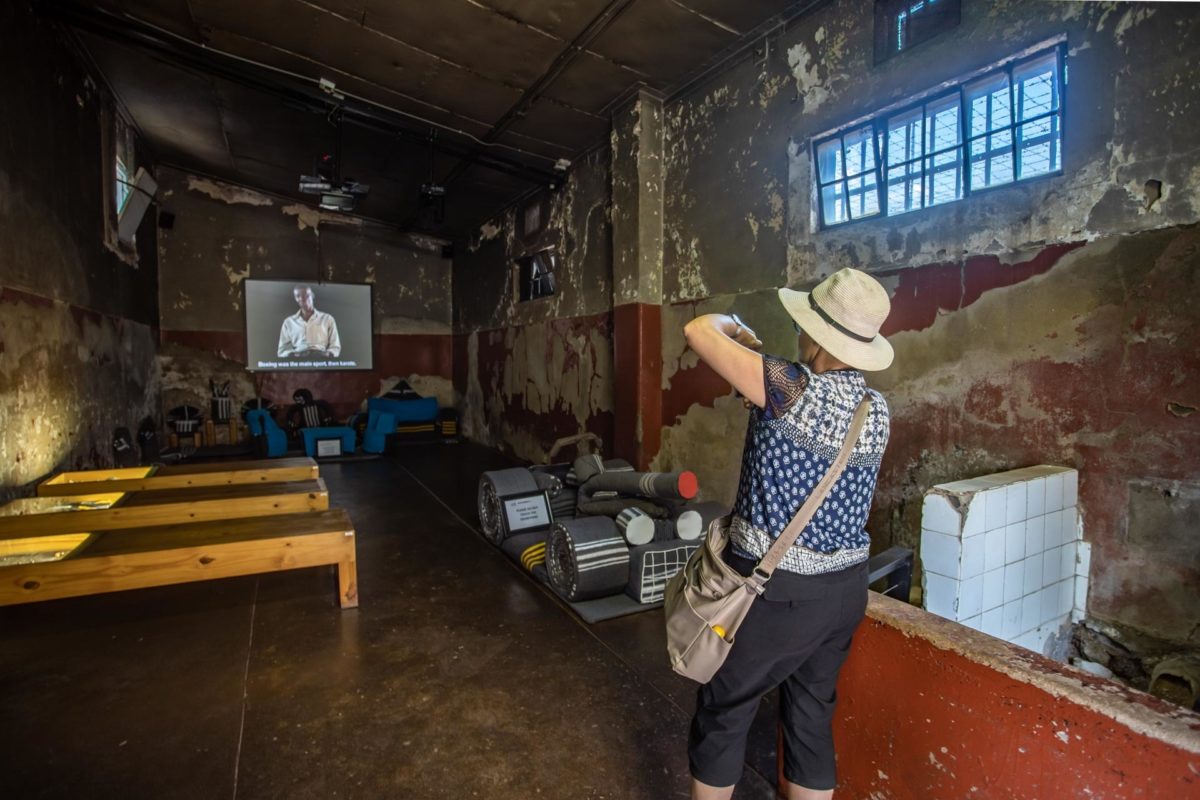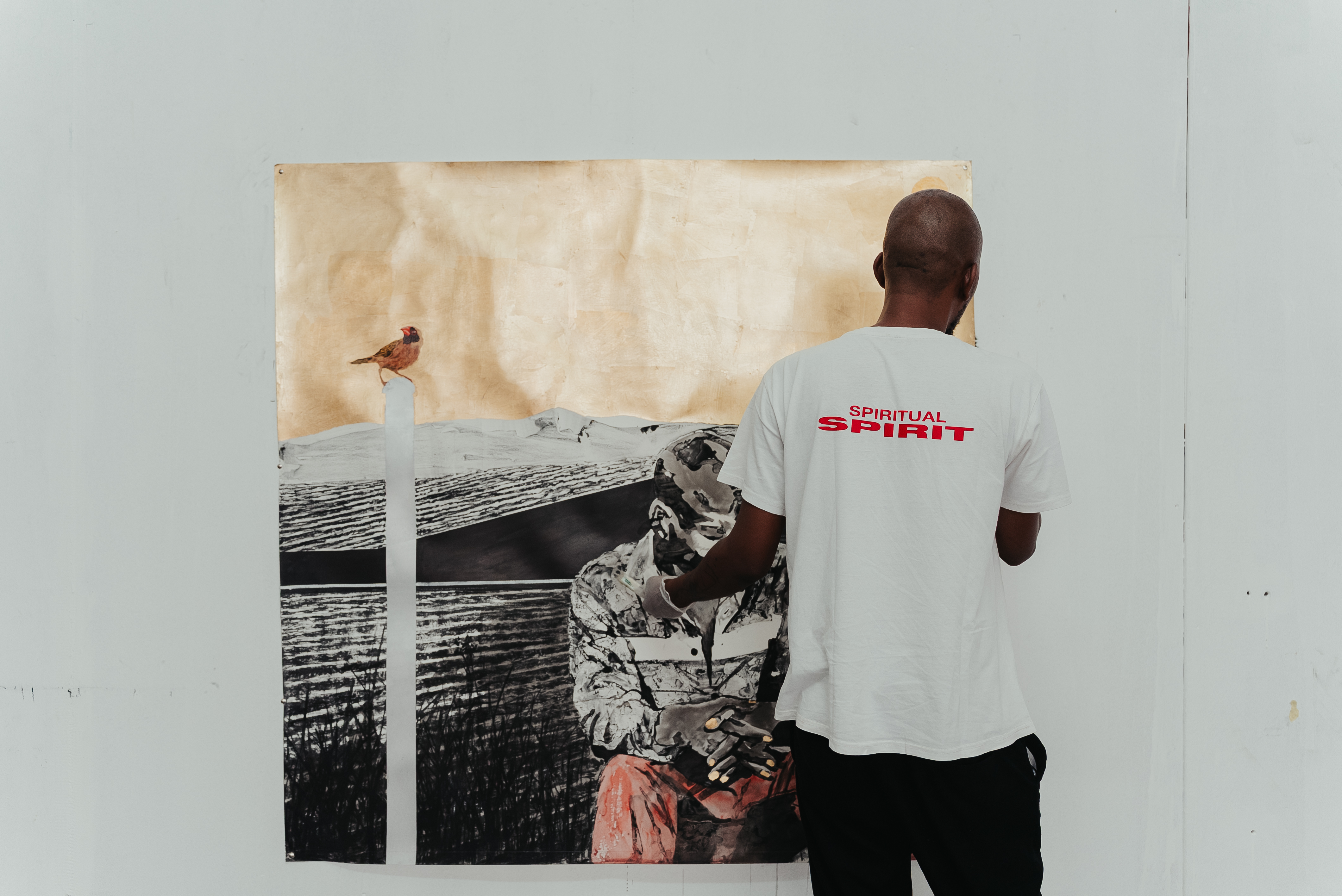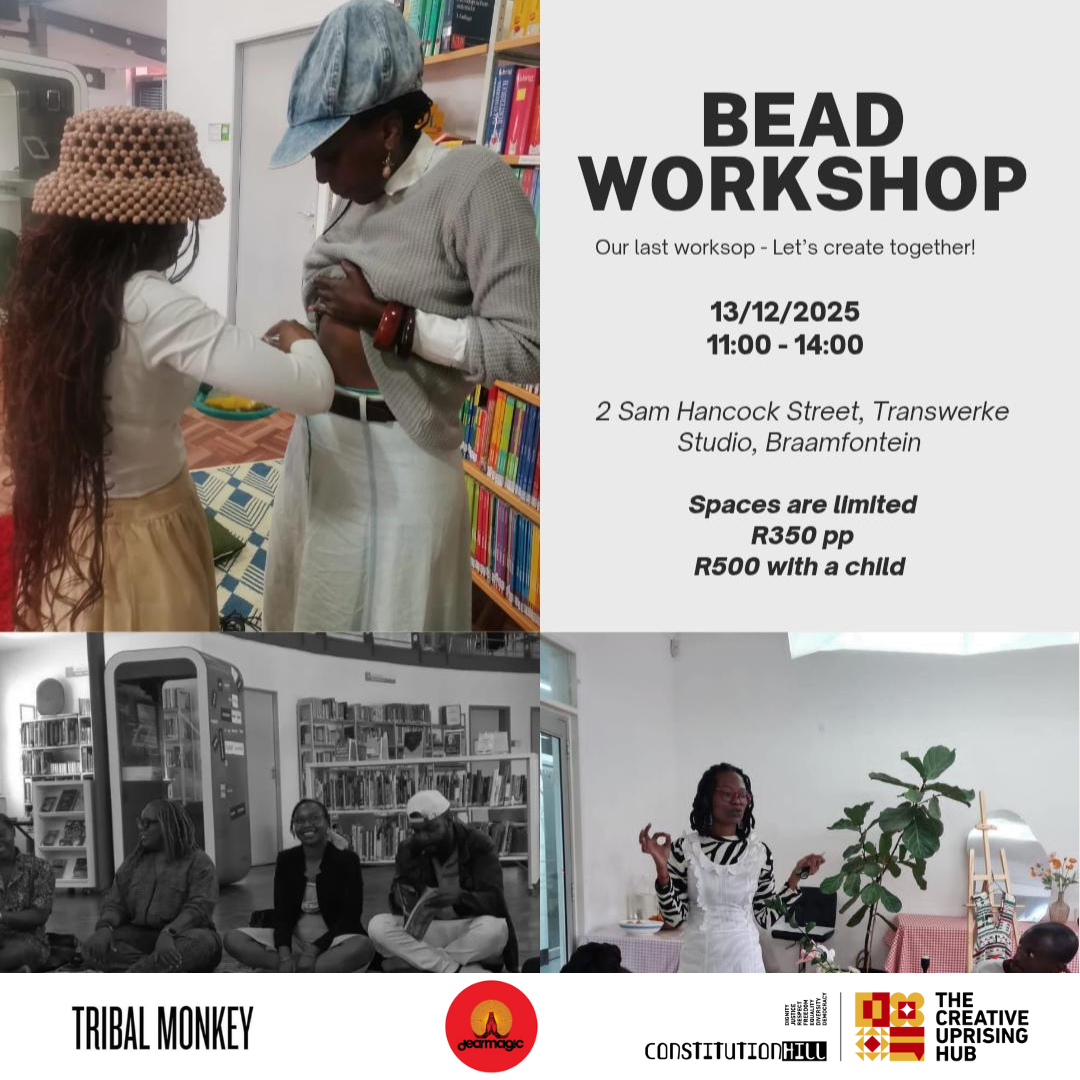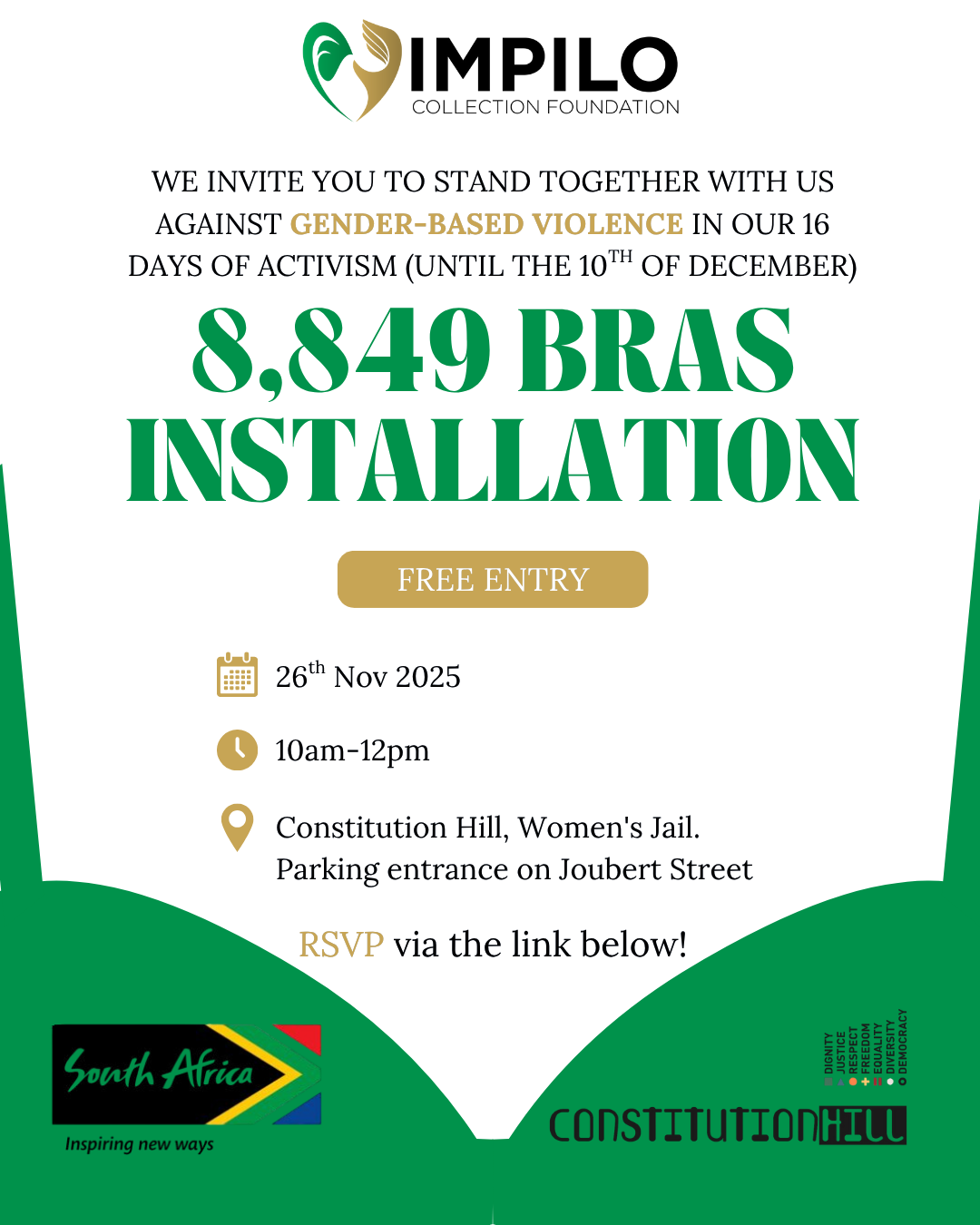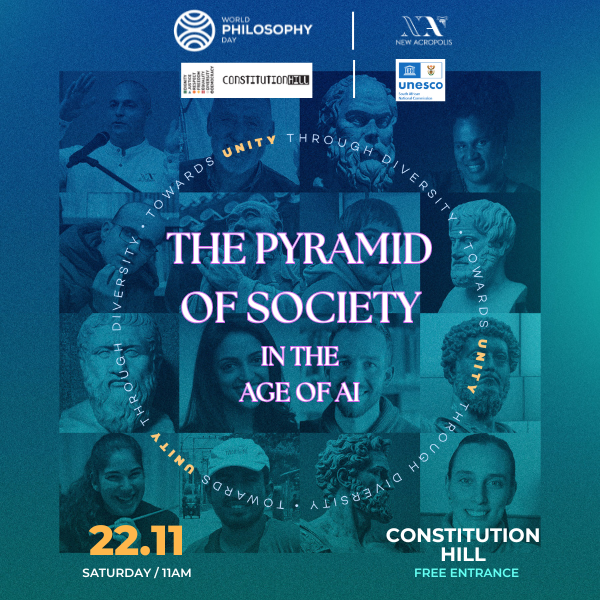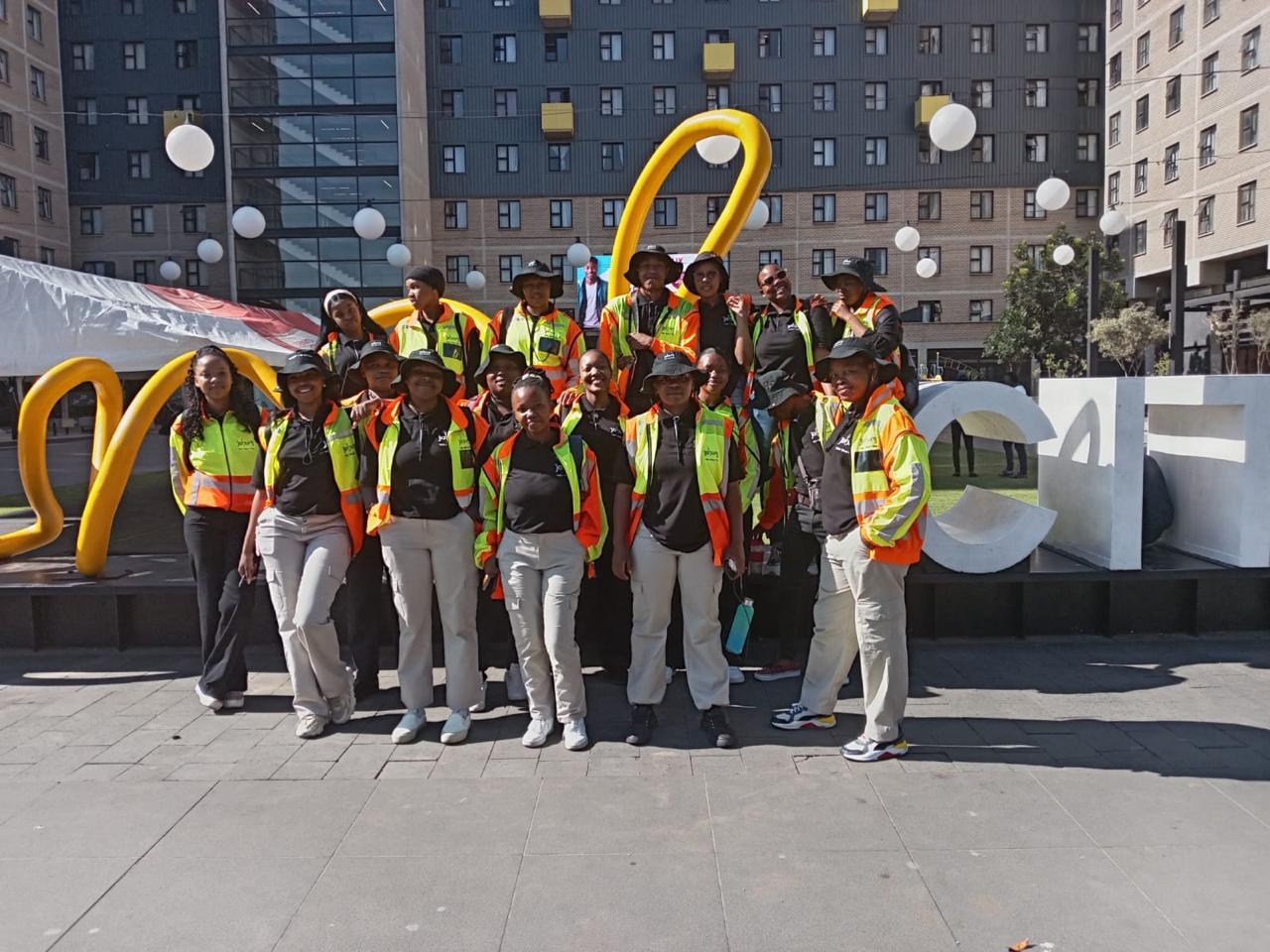
Umlilo
Umlilo - Fighting fire with fire
October is pride month in South Africa, and this got me thinking a lot about the queer icons that paved the way for the South African landscape we know today. I often think about the Simon Nkoli’s, the Lebo Mathosa’s and so many others who gave us something to believe in.
When I was four years old, I got to be a part of South African history by being cast in the movie Sarafina starring Leleti Khumalo and Whoopi Goldberg. I remember being too young to know exactly what was going on but being hugely influenced by the amount of talent that surrounded me daily.
It was this time that I would get to meet people like Hugh Masekela, Brenda Fassie and Miriam Makeba. It is weird to even think that most of these icons are no longer with us. However, every single artistic contribution they made still runs through my veins as an artist living in modern-day South Africa.
Umlilo Interview by Brandon
Since that one movie stint, I got to have a normal upbringing going to school in Benoni, joining school choirs and drama societies. I got to study and get a degree in theatre and media from Rhodes, further finessed by theatre icons like Andrew Buckland and Reza De Wet. I got to experience a South Africa that many dreamt of, growing up in a rainbow nation version of South Africa.
Fast forward to 2020, I have been able to work as a journalist and musician, toured the world through my art and managed to interlink my queer identity politics to my music. I watched as the arts gave us a foundational model to transition from a country with a difficult past to a world-renowned instrument of change. Why is it that we still have the worst stats when it comes to gender-based violence, corrective rape and how come our LGBTIQA+ community still bares the grunt of humanity?
These are questions that have become synonymous with my quest to make art that is reflective of our society currently. When I released my first EP, Shades of Kwaai, the lead single Living Dangerously featuring Kyla Phil, I had no idea that 6 years later, it would be a prophetic story of South Africa, of police brutality, of corruption and helplessness.
At the time, my mother’s house had been raided by police while she was having her morning coffee in her night gown and pajamas. She had heard people around the yard but did not think anything of it. Next thing she saw was a police S.W.A.T team pointing their guns at her unrelenting when she told them she had no idea what was going on.
They soon realized they went to the wrong house but left her traumatized and confused. It was very difficult for my family to process and reconcile this situation. My mom told me that all she could think about was what would have happened if it was my little brother in the house instead of her. Would they have shot him without asking questions? These are the situations every day South Africans find themselves in.
We are not protected from the State regardless of what the constitution says. Add the fact that some of us are women, children, queer, effeminate, black, brown people, and the danger is increased.
Music video link: Living Dangerously directed by Kyla Phil
In 2016, the #FEESMUSTFALL student movement prompted me to write the song “Umzabalazo”, the music video took a different turn and started to look at social activism in light of the protests that were happening all over the country. In the music video we decided to go to some of the sites of struggle around Johannesburg including West Park cemetery where so many struggle icons are buried and Constitutional Hill, which now represents a monument of South Africa’s very difficult history. It was important to revisit these spaces and catch a glimpse of what they represent from colonial power to apartheid and now a democratic country. I was very drawn to the journeys of our struggle heroes as well as pop culture icons.
Umzabalazo directed by Odendaal Esterhuyse
How does music play a role in showing a mirror of the society we live in? This is my ultimate investigation. Today I can use the past, present and future as a huge influence on my work. I am now exploring the idea of a futuristic South Africa as seen in my latest single Qhakuva. The song was largely influenced by Xhosa tongue twisters we used to sing as children. In the music video shot by Francois Knoetze, we explored the idea of aliens landing in Johannesburg and what they would see.
Qhakuva directed by Umlilo and Francois Knoetze
The picture we see of current South Africa is not one we can fully hold with pride. So much work needs to be done in our communities to ensure the safety and equality of our people. This is a huge quest in what I explore as an artist living in South Africa.
I imagine our fallen heroes shaking their heads in disbelief as many people are still excluded from the conversation of how we can create a better country. It starts with me and it starts with you.
For pride this year, let us remember where we come from but also really focus on where we want to go as a nation. We must allow the fires that burn inside us to fuel our fight for a better world, the one we currently live in is unacceptable.

 +27 11 381 3100
+27 11 381 3100
